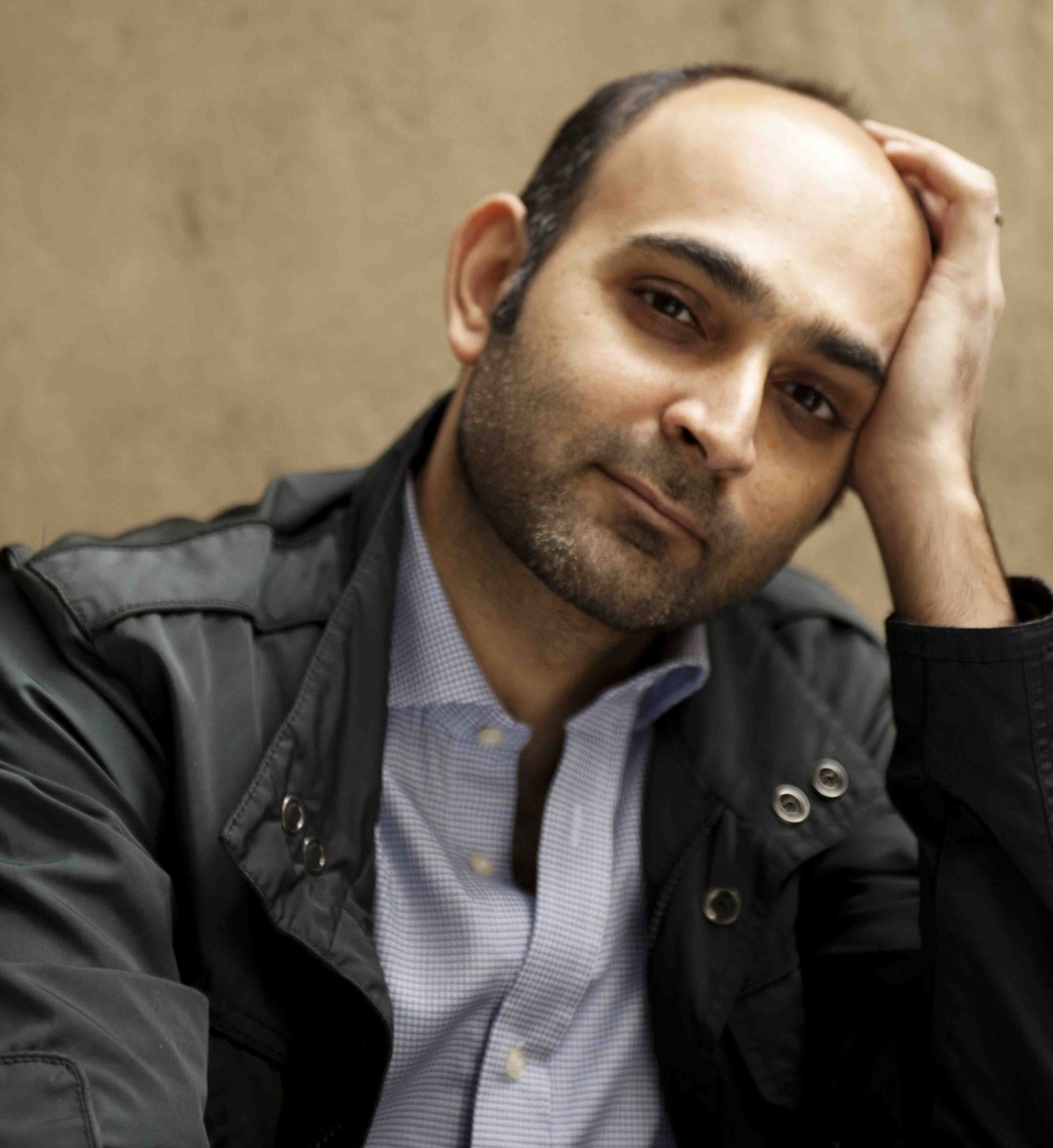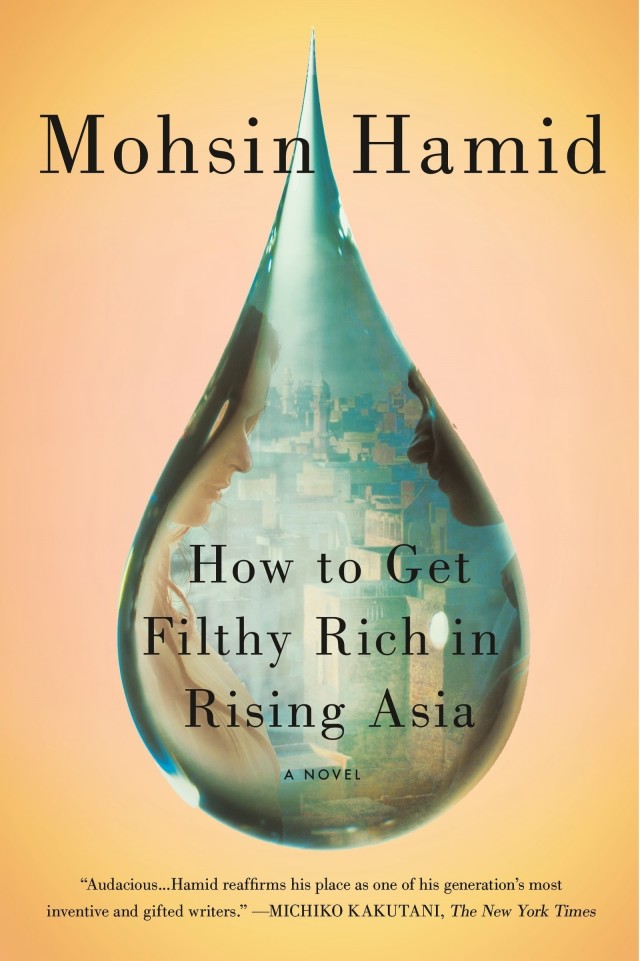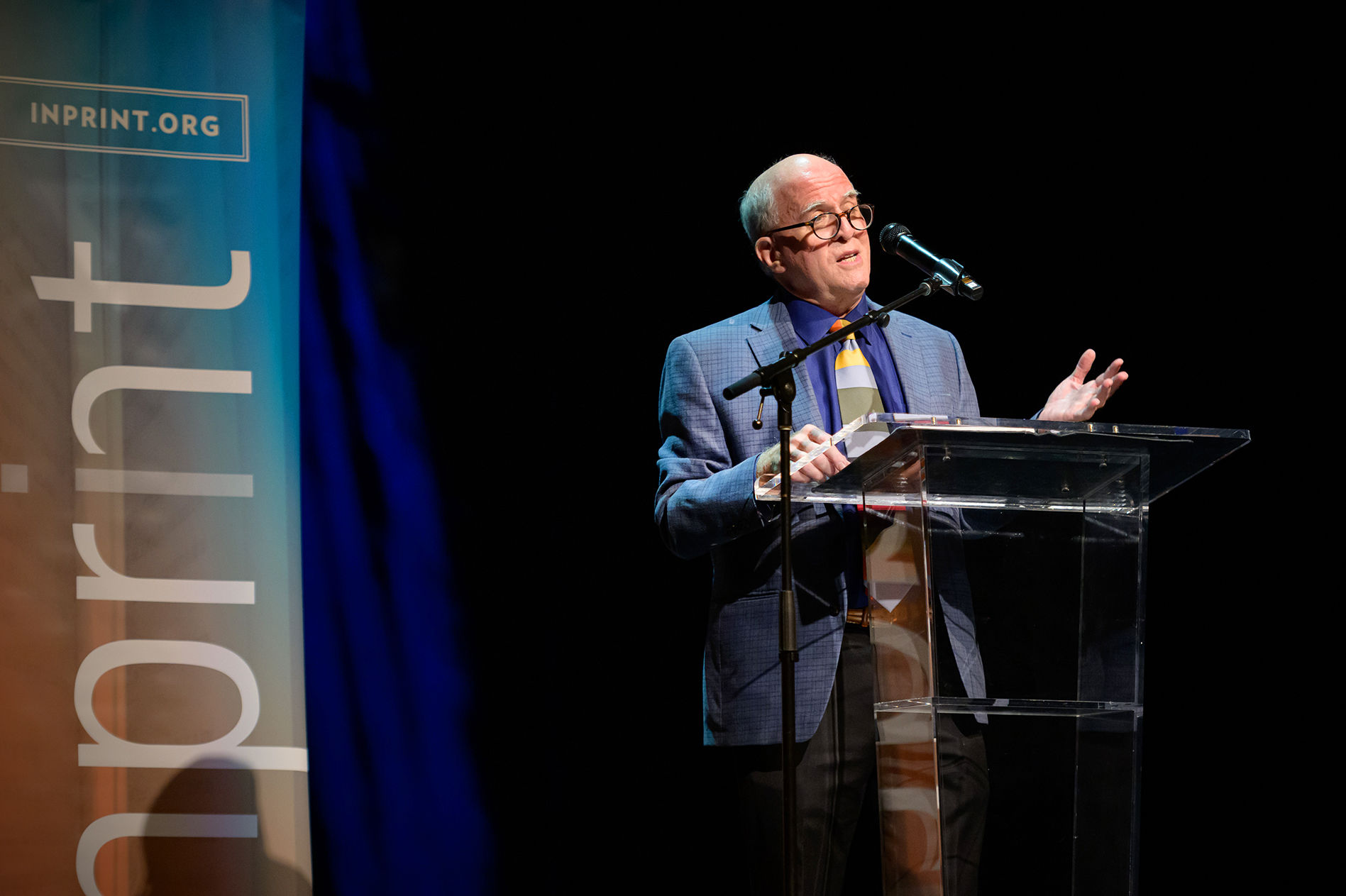Mohsin Hamid Brings Lahore to Houston

Mohsin Hamid
Image: Jillian Edelstein
Daniel Alarcón & Mohsin Hamid
March 24 at 7:30 (doors open at 6:45)
Stude Concert Hall, Rice University
6100 Main St (Entrance 18 off Rice Blvd)
713-521-2026
inprinthouston.org
Few novelists on the world scene today address the tensions and paradoxes generated by globalization as powerfully as does Mohsin Hamid. His astoundingly mature debut novel Moth Smoke (2000), a noirish dip into the decadence of the feudal elite in Lahore, Pakistan, Hamid’s birthplace, heralded the arrival of Pakistani fiction on the international stage. The Reluctant Fundamentalist (2007) was a finalist for the Man Booker Prize and has recently been adapted into a movie by director Mira Nair. His most recent novel, How to Get Filthy Rich in Rising Asia (2013), from which he’ll read tonight as part of Inprint’s Margarett Root Brown Reading Series (Hamid shares the bill with Peruvian-born novelist Daniel Alarcón), provides an up-to-date exploration of class dynamics in a rapidly commercializing society.
“We’re building new market structures in Asia which are allowing undeniably good things like increased calorie consumption and life expectancy, but we’re not building a new humane structure alongside this new material structure,” Hamid told me by phone last week. “Instead, we’re undermining the fundamental underpinnings of the preexisting structure. So religion is becoming more politicized, families are being broken apart by migration, and traditional rituals are being undermined by modernity. In the absence of something new being constructed it can become quite devastating.”

Hamid was born in Lahore, moved to California (where his father was studying for a Ph.D. at Stanford) at age three, returned to Lahore at age nine, came back to America for undergraduate studies at Princeton and law school at Harvard, worked in management consulting in New York in the ’90s during the time Moth Smoke was being written, lived in the U.K. when The Reluctant Fundamentalist was published, and returned to Pakistan along with his wife and daughter to write Filthy Rich. His background ideally equips him to write what we might call the 21st-century global novel, whose ambition is to straddle cultures in an interconnected manner with a new sense of urgency.
In Pakistan, Hamid now shares a home with three generations of his family. “I feel connected to a greater variety of people in Pakistan through extended family, through interactions with people,” Hamid said. “I deal with a wide range of people socioeconomically...in terms of age, in terms of their position in life. As a writer I feel there is a lot for me to learn in Pakistan. Moving to America was very helpful, moving from America to the U.K. was very helpful, moving to Pakistan was very helpful.”
In Filthy Rich—written throughout in the second person, adopting the format of a self-help book broken into twelve chapters of advice offered by a protagonist who rises from working-class origins to become a major entrepreneur—the hero gains everything he could hope for materially but is unable to find emotional satisfaction.
Though he studied writing with Toni Morrison and Joyce Carol Oates as a Princeton undergraduate, Hamid is not a product of the MFA system. Rather than catering to the conventions of contemporary multicultural fiction, Hamid’s worldly erudition enables him to illuminate the day-to-day impact of globalization—the nitty-gritty realities ignored by economists and major media organizations alike—from the perspective of a perpetual insider/outsider.
The worldliness of the new wave of Pakistani novelists—as was true of many of the European high modernists—is a distinctive quality which sets them apart from much of American literary production. Other prominent Pakistani fiction writers—like Mohammed Hanif and Daniyal Mueenuddin—also have diverse backgrounds outside of strictly literary pursuit, and several of them, like Hamid, have made a conscious decision to return to Pakistan.
Hamid’s three novels deserve to be read all together as a tightly-knit trilogy composed over the span of twenty years. They represent an early twenty-first-century example of Joseph Conrad and E. M. Forster’s (perpetual insiders/outsiders themselves) similar attempts to transcend national boundaries. Hamid is one of the essential writers for our interconnected world, and Houstonians will no doubt be provoked by the boldness of his vision.




